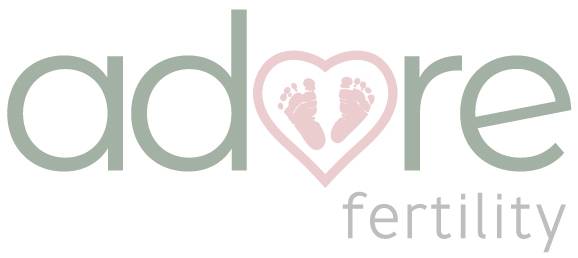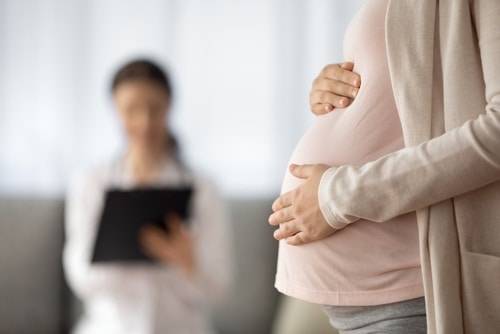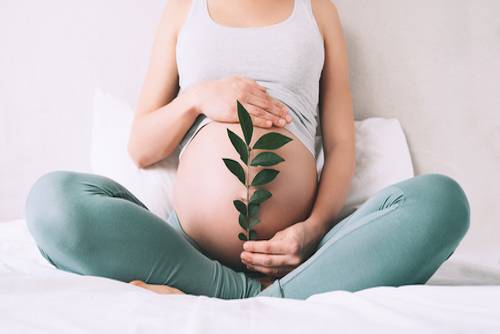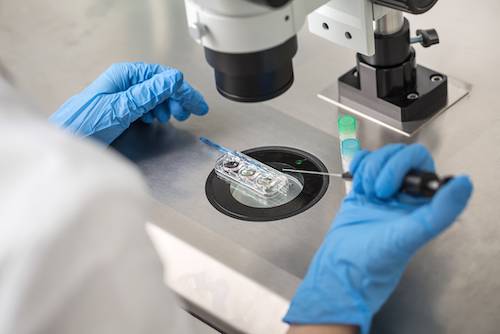Your Fertility Journey
Your Initial Consultation
A review of your history, previous treatments, and goals for achieving pregnancy.
Your Evaluation & Workup
Your evaluation involves the assessment of several factors, including female and male infertility testing.
Your Follow Up
Discuss the test results in detail and recommend your most appropriate treatment or next steps.
Your Treatment
A plan specific to your needs will be created and you will meet with our nursing staff to coordinate your treatment.
Where Love Grows Life
Your Initial Consultation
Prior to your initial consult, you will fill out a history to help guide your consultation. During your consultation, we will review your history (and partner’s if applicable), previous treatments, and goals for achieving pregnancy. A transvaginal ultrasound and an exam also will be performed at the initial consultation appointment. This important information will help guide further appropriate diagnostic tests as needed. You will leave our facility understanding the next steps in your evaluation/workup as well as what costs to expect. Your visit will conclude with a facility tour and an introduction to our female–to–female care team.
Your Evaluation & Work Up
For a woman to be fertile, the ovaries must release healthy eggs regularly (monthly), and her reproductive tract must allow the eggs and sperm to pass into her Fallopian tubes for fertilization to occur. Her reproductive organs must be healthy and functional. Learn more about Female Infertility Testing.
The female evaluation involves the assessment of several factors:
- A general health evaluation to ensure no medical factors are affecting fertility and that you are healthy for pregnancy to occur.
- Ovarian reserve testing to look for ovarian and egg aging (blood work for specific hormones and ultrasound evaluation of your antral follicle count in your ovaries).
- A tubal & uterine cavity evaluation (HSG or hysterosalpingogram) to determine if one or both Fallopian tubes are open and to assess if any defects are present.
Rarely, an outpatient procedure/surgery such as hysteroscopy and/or laparoscopy for further evaluation of the uterine cavity or abdomen may be necessary to rule out other gynecologic issues.
For a man to be fertile, the testicles must produce enough healthy sperm, and the sperm must be ejaculated effectively into the woman’s vagina. Tests for male infertility attempt to determine whether any of these processes are impaired.
For a male, the evaluation includes the following:
- A general health evaluation to discuss medical history.
- A semen analysis to assess the quality of the semen sample. Sperm motility, count, and morphology (shape) will be analyzed.
Infertility Testing
Male Infertility
Female Infertility
- The ability to make quality eggs (ovarian reserve).
- The uterine environment.
- The condition of the Fallopian tubes.
- The overall health of the patient.
Your Follow Up
After all initial testing is completed, we will schedule a follow-up visit to discuss the test results in detail and recommend your most appropriate treatment or next steps. This visit typically lasts 30-40 minutes. The goal is for our patients to understand the results and their diagnosis so they understand the why behind treatment plans and can make the best decisions for their family planning. Occasionally the initial workup will yield information that requires further testing or a referral to a male urologic specialist. See: Male Infertility & Female Infertility.
Your Treatment
We want the right treatment for you and realize that can look different for different individuals & couples. Based on your diagnosis (See female infertility & male infertility), and your family planning desires, a treatment plan specific to your needs will be created and you will meet with our nursing staff to coordinate your treatment. Regardless of your treatment plan, you will be offered a one-on-one in-person or telehealth financial consultation convenient to your schedule to explain your treatment costs and help provide the most affordable options available. At Adore, we believe in transparent & ethical pricing and supply discounted self-pay packages, in addition to financing, to ensure that the possibility of parenthood is accessible for everyone. See: Services, Transparent Pricing, and Financing.
Treatments are based on your diagnosis and can vary pending on family planning desires, long-term outcomes, religious beliefs, cultural beliefs, and financial situations. We are here to support every individual and couple.




